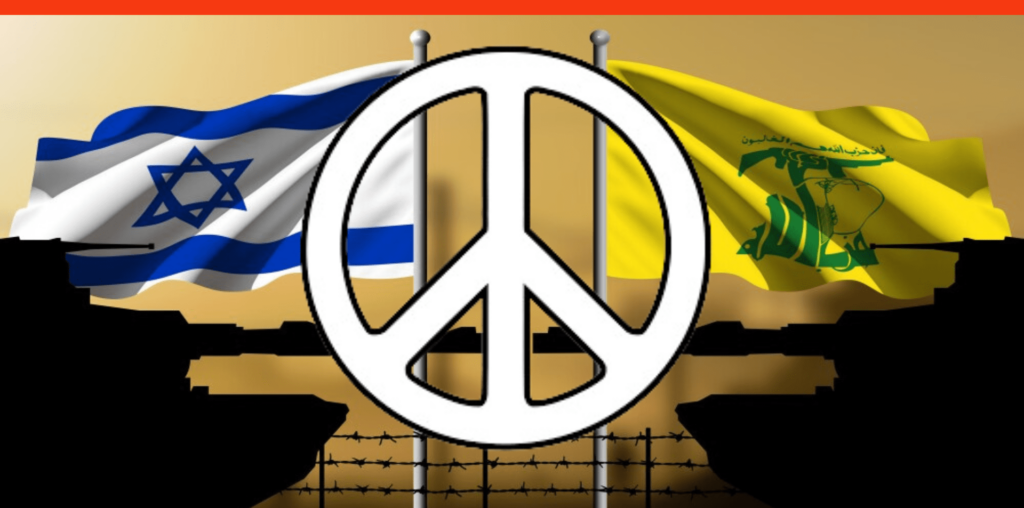 In a significant development following weeks of escalating conflict, a ceasefire between Israel and Hezbollah has been reached and is now in effect. The truce, brokered with U.S. mediation, is being hailed as a potential turning point in the volatile relationship between Israel and Lebanon, though skepticism remains high given the region’s history of fragile peace agreements.
In a significant development following weeks of escalating conflict, a ceasefire between Israel and Hezbollah has been reached and is now in effect. The truce, brokered with U.S. mediation, is being hailed as a potential turning point in the volatile relationship between Israel and Lebanon, though skepticism remains high given the region’s history of fragile peace agreements.
The ceasefire agreement came after intensive U.S.-led diplomatic efforts involving key stakeholders, including Lebanese, Iranian, and Israeli officials. U.S. President Joe Biden publicly announced the deal, emphasizing the humanitarian necessity of halting hostilities. His administration reportedly played a crucial role in persuading both sides to agree, highlighting the United States’ renewed commitment to stabilizing the Middle East. Lebanese officials have cautiously welcomed the truce, expressing hope that it will lead to broader regional stability.
Despite this optimistic rhetoric, the situation remains tense. The Israeli government has declared it will “act decisively” against any violations by Hezbollah, underscoring the ceasefire’s fragility. Meanwhile, Hezbollah has not issued a formal statement but continues to maintain a strong presence along the southern Lebanese border, which remains heavily militarized.
The ceasefire follows two months of intense military operations that saw Israel conducting significant airstrikes targeting Hezbollah’s leadership and infrastructure in southern Lebanon. The offensive, which began in late September, reportedly decimated much of Hezbollah’s senior leadership, including its long-time leader Hassan Nasrallah. Ground operations by Israeli forces further exacerbated the humanitarian crisis in southern Lebanon, displacing thousands of civilians and damaging critical infrastructure.
The truce has drawn mixed reactions from regional powers. Iran, a key supporter of Hezbollah, cautiously endorsed the agreement, signaling a potential softening of its stance in the region. Conversely, Israeli military officials have warned that any breaches of the truce will be met with immediate and forceful retaliation. This underscores the precariousness of the peace deal and the region’s deep-rooted tensions.
Internationally, the ceasefire has been welcomed as a necessary pause in a conflict that threatened to escalate into a broader regional war. Humanitarian organizations are now focusing on delivering aid to affected areas in southern Lebanon and northern Israel, where communities have borne the brunt of the conflict.
While the ceasefire provides a momentary respite, the underlying issues driving the conflict remain unresolved. Observers warn that unless significant diplomatic efforts address these core tensions, the truce may serve only as a temporary lull in a protracted conflict. Both Israel and Hezbollah have a history of ceasefire agreements that eventually collapse under the weight of mutual distrust and political maneuvering.
For now, the world watches cautiously, hoping this ceasefire might mark the beginning of a more sustained peace effort in one of the world’s most volatile regions. However, the delicate balance of power and deep-seated hostilities ensure that the path to lasting peace remains fraught with uncertainty.
Related
Discover more from Current PH
Subscribe to get the latest posts sent to your email.

